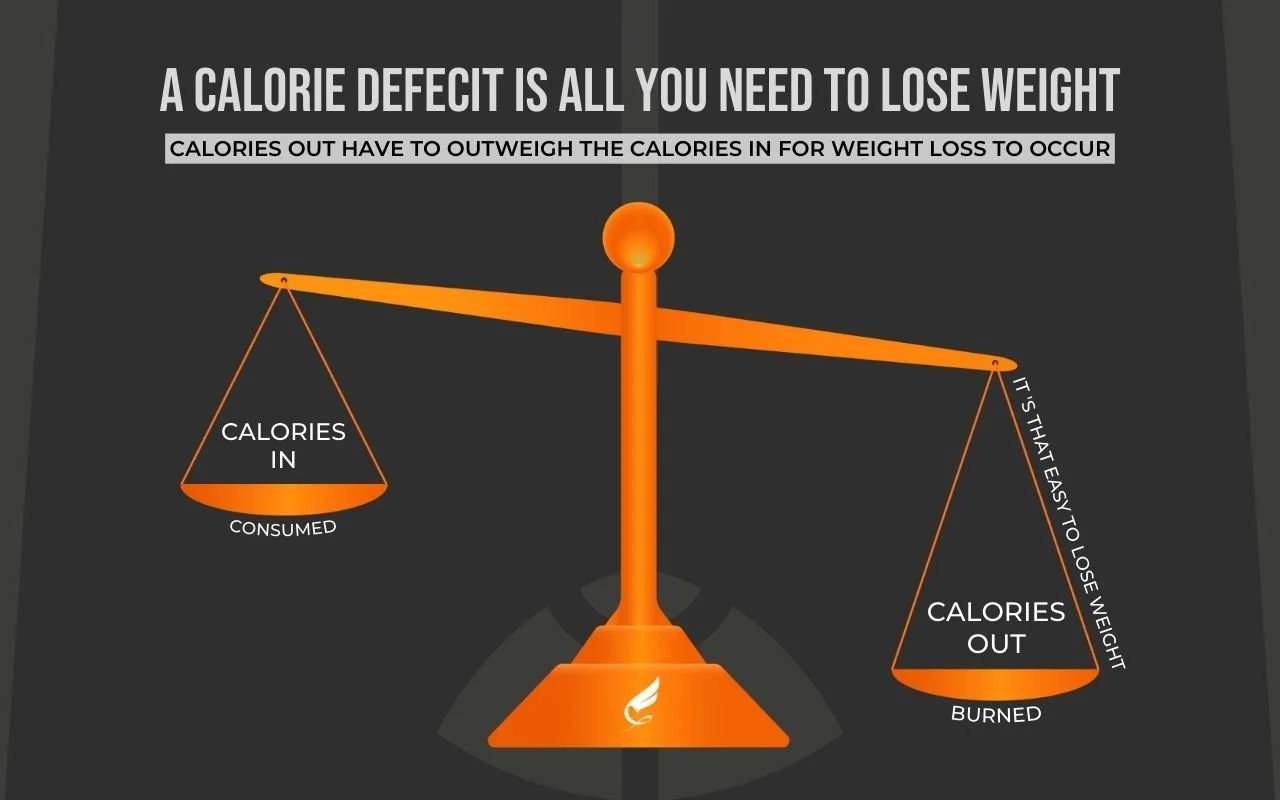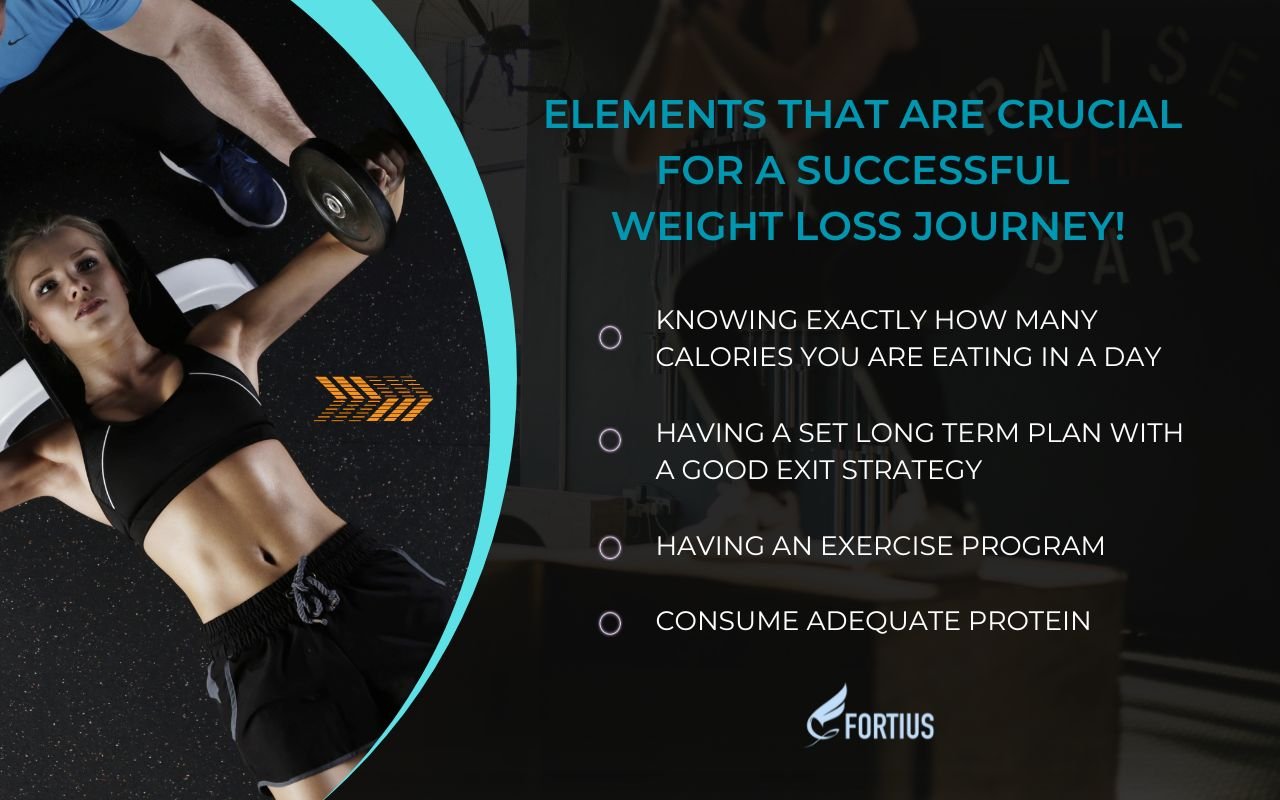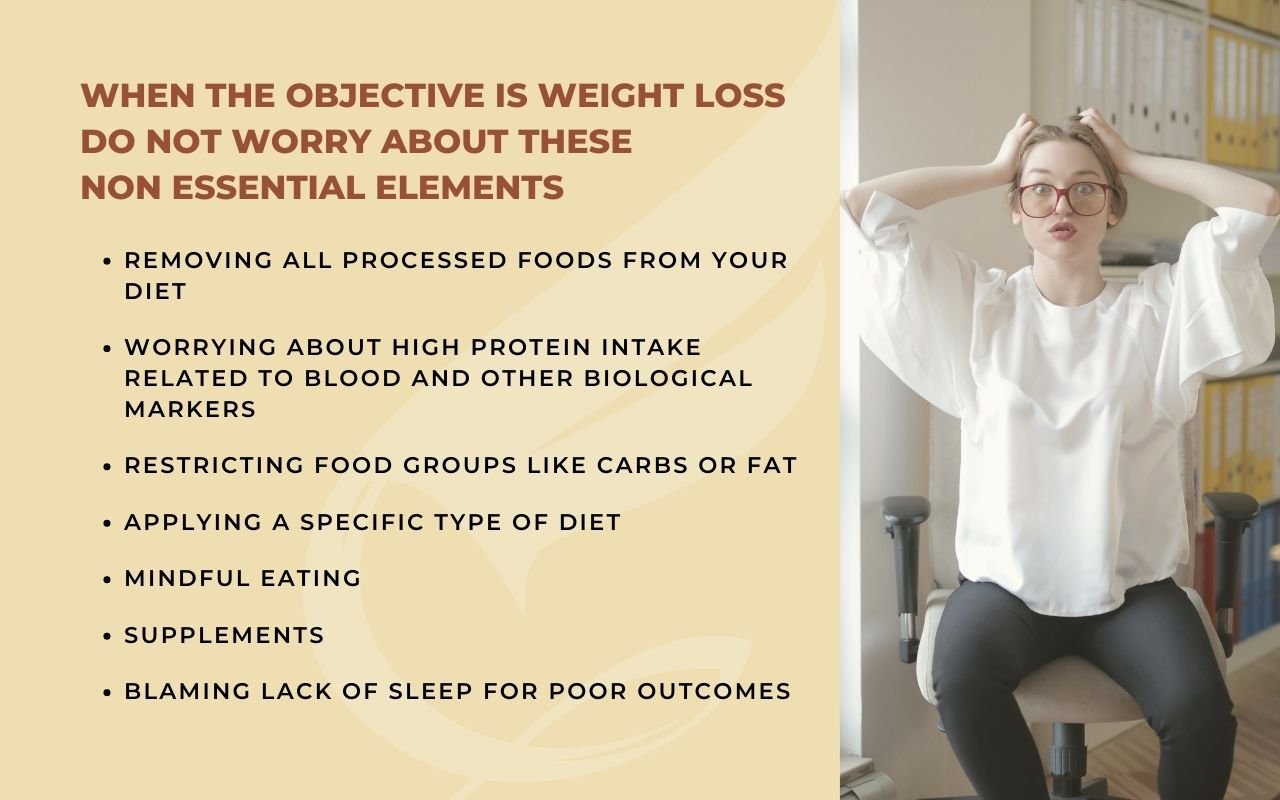The Science Behind Weight Loss: A Simple Explanation
Losing weight can be a challenging journey, but understanding the science behind it can empower you to make informed decisions and achieve sustainable results. This blog post will delve into the science of weight loss, providing a simple yet comprehensive explanation to help you reach your goals and maintain a healthy lifestyle.
What is the main prerequisite for losing weight?
The fundamental principle of weight loss is creating a calorie deficit. This means consuming fewer calories than your body burns. While it may seem simple, achieving and sustaining a calorie deficit requires a multifaceted approach that considers various factors, including diet, exercise, and lifestyle habits.
How to lose weight while preserving muscle tissue?
Losing weight doesn't necessarily mean losing fat. It's crucial to prioritize fat loss while preserving muscle mass to maintain a healthy metabolism and achieve a toned physique. This can be accomplished through a combination of:
Resistance Training: Regular strength training exercises help preserve muscle mass while in a calorie deficit.
Adequate Protein Intake: Consuming sufficient protein provides the building blocks for muscle repair and growth, further supporting muscle preservation.
A Short Summary of What Sustainable Weight Loss Should Consist Of
Sustainable weight loss involves a balanced approach that combines:
Calorie Deficit: Consuming fewer calories than you burn.
Healthy Diet: Prioritizing whole, unprocessed foods, including fruits, vegetables, lean proteins, and healthy fats.
Regular Exercise: Incorporating resistance training and cardiovascular exercise to support muscle preservation and calorie burning.
Lifestyle Changes: Adopting healthy habits, such as getting enough sleep, managing stress, and staying hydrated.
What physiological processes occur when you are in a caloric deficit?
When you consistently consume fewer calories than your body needs, several physiological processes occur:
Fat Breakdown: Your body starts breaking down stored fat to use as energy, leading to fat loss.
Hormonal Changes: Hormones that regulate appetite and metabolism, such as leptin and ghrelin, may be affected, potentially leading to increased hunger and cravings.
Metabolic Adaptation: Your body may adapt to the calorie deficit by slowing down your metabolism, making it essential to adjust your calorie intake or activity levels over time.
A More In-Depth Explanation of Weight Loss from a Physiological Standpoint
Weight loss is a complex process that involves various metabolic and hormonal interactions. When you create a calorie deficit, your body taps into its energy reserves, primarily stored fat, to make up for the shortfall. This process, known as lipolysis, involves breaking down fat molecules into fatty acids and glycerol, which are then used as fuel.
General recommendations for sustainable weight loss
To achieve sustainable weight loss, consider the following recommendations:
Calculate Your Basal Metabolic Rate (BMR): Your BMR is the number of calories your body burns at rest. Several online calculators can help you estimate your BMR based on your age, gender, height, and weight.
Estimate Your Daily Calorie Needs: Add the calories you burn through activities like walking and exercise to your BMR to estimate your total daily calorie expenditure.
Create a Calorie Deficit: Deduct a certain amount from your daily calories to ensure a calorie deficit depending on your desired weekly weight loss rate. Aim for a moderate deficit of 500-750 calories daily for healthy and sustainable weight loss.
Sustain Your Deficit: Maintain your calorie deficit for 10-15 weeks, followed by a diet break to allow for metabolic and psychological recovery.
Elements that are crucial for a successful weight loss journey!
Elements That Are Crucial for a Successful Weight Loss Journey
Calorie Awareness: Knowing how many calories you're consuming daily is essential for maintaining a calorie deficit.
Long-Term Plan: A well-structured plan with a good exit strategy helps you stay on track and maintain your weight loss long-term.
Exercise Program: Incorporating regular exercise, including both resistance training and cardio, supports muscle preservation, calorie burning, and overall health.
Adequate Protein Intake: Consuming enough protein helps preserve muscle mass, promotes satiety, and supports metabolic health.
Elements that are non essential for a successful weight loss journey + things that you should not be worrying about!
Elements That Are Non-Essential for a Successful Weight Loss Journey
Eliminating Processed Foods: While minimizing processed foods is generally healthy, it's not essential for weight loss. You can still achieve your goals while enjoying occasional treats in moderation.
Worrying About High Protein Intake: Consuming a high-protein diet is generally safe for most individuals and won't negatively impact blood or other biological markers.
Restricting Food Groups: Restricting entire food groups, such as carbohydrates or fats, is often unnecessary and unsustainable. A balanced diet that includes all macronutrients in moderation is key.
Applying a Specific Type of Diet: While certain diets may be helpful for some individuals, they are not essential for weight loss. The fundamental principle remains creating a calorie deficit.
Mindful Eating: While mindful eating can be beneficial, it's not a prerequisite for weight loss.
Supplements: Supplements are not necessary for weight loss but can support your journey in certain cases.
Blaming Lack of Sleep for Poor Outcomes: While adequate sleep is essential for overall health, it's not the sole determinant of weight loss success.
Article Summary
Losing weight is a multifaceted journey that requires a balanced approach combining a calorie deficit, healthy eating, regular exercise, and lifestyle changes. By understanding the science behind weight loss and implementing the strategies outlined in this blog post, you can achieve sustainable results and transform your lifestyle.
Remember:
Consult with a healthcare professional or registered dietitian before making significant dietary changes or starting a new exercise program.
Focus on sustainable lifestyle changes rather than quick fixes for long-term success.
Be patient and kind to yourself throughout your weight loss journey.








